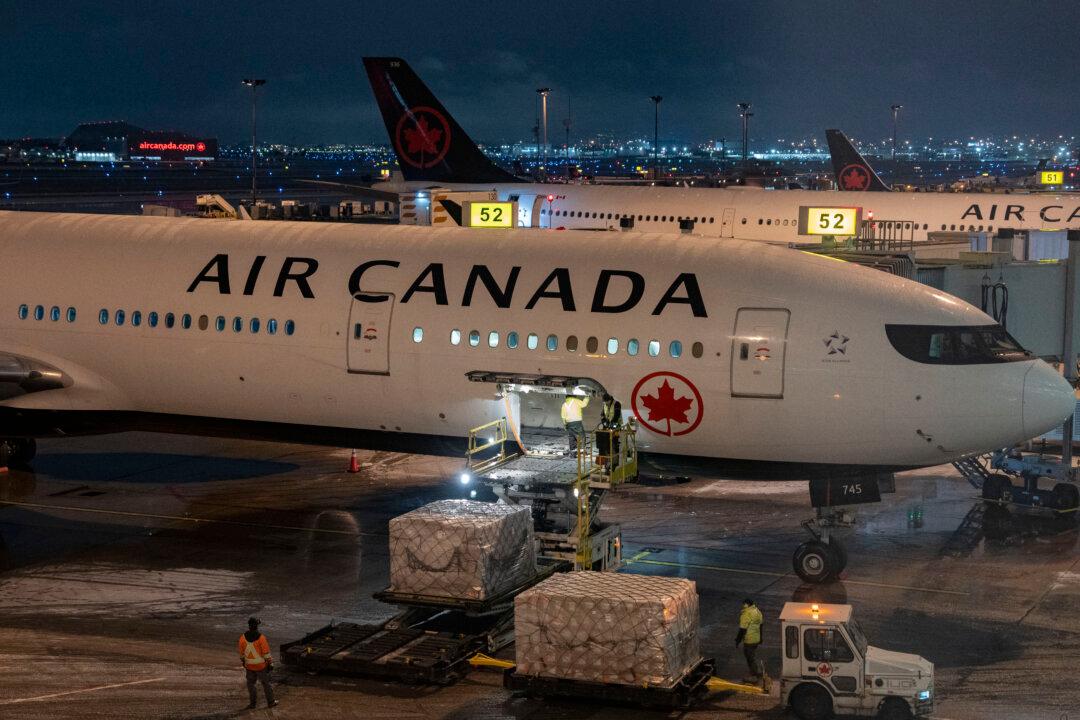TORONTO—The apparent drowning death of an internationally prominent Pakistani dissident whose body was pulled from the water near downtown Toronto sparked anger, grief and suspicion on Tuesday.
Police said they had found Karima Mehrab, 37, dead on Monday. Mehrab, widely known as Karima Baloch, had been reported missing a day earlier.





